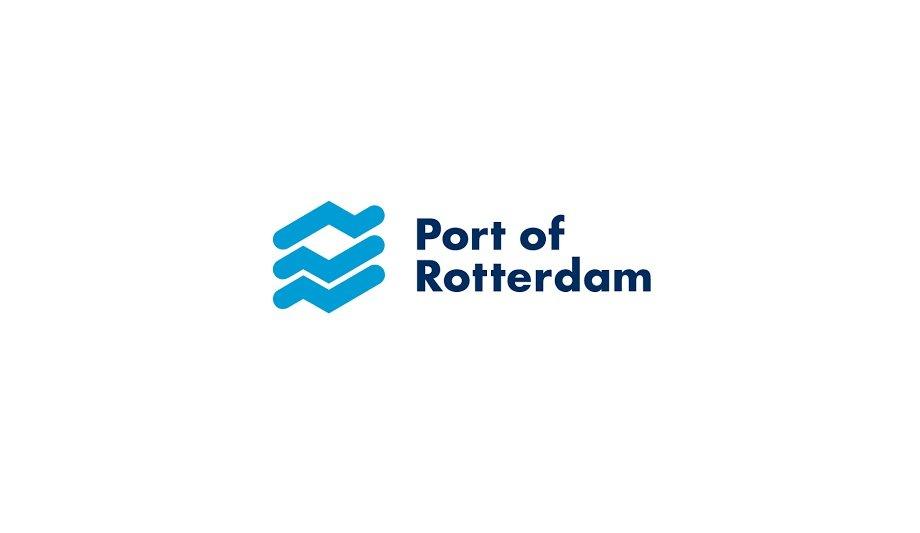In 2023, CO2 emissions in the port decreased by 2.2 Mton (10%) compared to 2022. Emissions are one third lower than in 2016, the peak year in terms of CO2 emissions in the port. In 2023, CO2 emission levels (20.3 Mton) dipped under those of reference year 1990 (20.6 Mton) for the first time.
The decrease was caused mainly by the two coal-fired power stations on the Maasvlakte. In 2023, these plants emitted a total of over 2 Mton (38%) less CO2 than in 2022. Emissions from the three gas-fired power plants in the port increased slightly (0.1 Mton).
Solar-powered electricity
Together, the five energy plants produced 20% less electricity from fossil sources. Production from refineries remained stable due to high demand. CO2 emissions increased slightly with 0.1 Mton (1%). Despite the lower gas prices in 2023, the production in the chemical industry did not recuperate. As a result, CO2 emissions decreased further by 0.2 Mton (5%).
In the whole of the Netherlands, fossil sources produced 12% less electricity in 2023. The share of electricity from renewable sources increased. Electricity from wind energy increased by 35% and solar-powered electricity increased by 24%.
Hydrogen-based initiatives
The main impact is caused by capturing CO2 and halting the use of coal in the production of electricity
In order to decrease CO2 emissions in the port by 55% by 2030 compared to 1990, in accordance with the European and Dutch ambitions, the port must achieve a CO2 reduction of 9.3 Mton by 2030. The projects the industry, the Port of Rotterdam Authority and their partners are currently working on in the port add up to emissions of 8.1 Mton in 2030.
The main impact is caused by capturing CO2 and halting the use of coal in the production of electricity, and because of plans of companies in the port impacting emissions within the complex. Especially the production of biofuels leads to an additional, considerable decrease in CO2 emissions outside of the port, yet it leads to more CO2 emissions within the complex.
The combination of capturing and storing CO2 in the Porthos project and subsequent CCS projects and hydrogen-based initiatives, along with the closing of the coal-fired power plants, are determining factors in achieving the 2030 goals.










